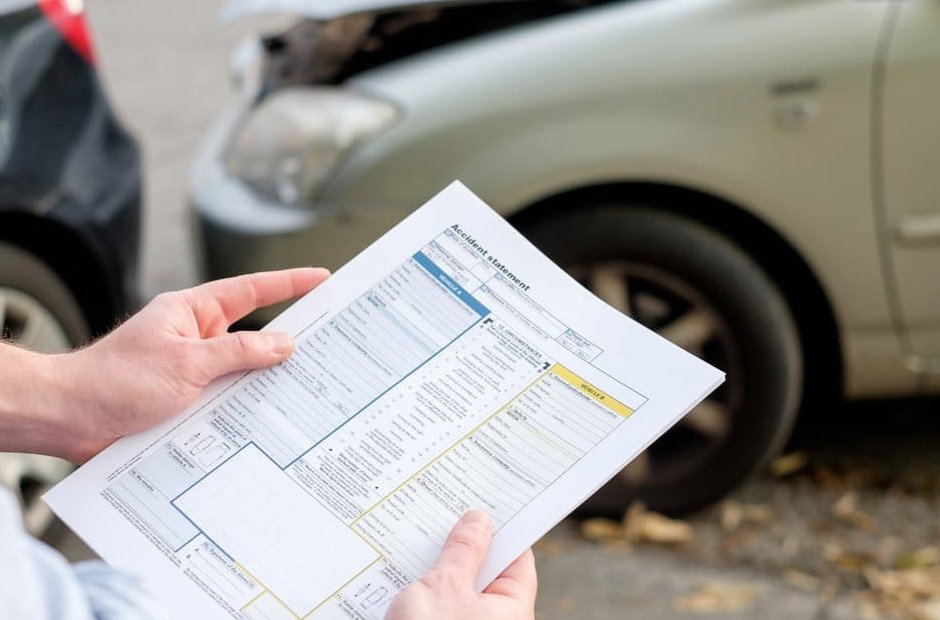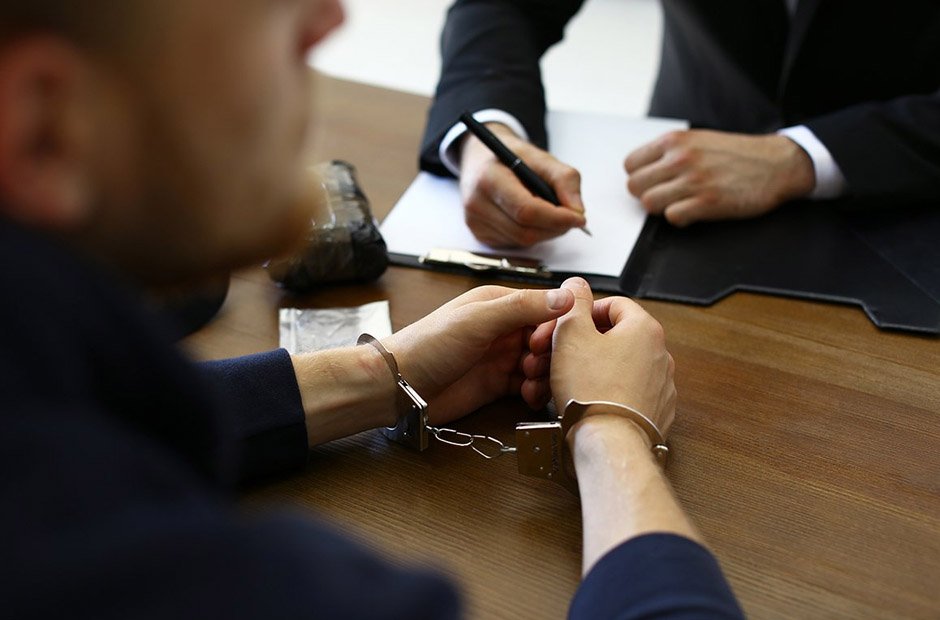In today’s digital era, many people are concerned about phone frauds. 602-782-0936 is a phone number that has appeared in multiple fraud allegations. If you’ve gotten a call from this number, you should be aware of fraudsters’ strategies, how to defend yourself, and what measures to take if you’ve been a victim. This essay will explain all you need to know about this strange number and how to deal with such scam calls efficiently.
Why is 602-782-0936 a red flag?
Phone scams have grown in sophistication, with scammers employing increasingly sophisticated tactics to defraud people. Caller ID spoofing is a frequent practice used by scammers to make their phone number look real. In the instance of 602-782-0936, the number may appear to be local or associated with reputable organisations, such as government agencies or banks. However, these calls are frequently used to steal personal information or fool people into paying false fees.
Common Scam Tactics for 602-782-0936
If you receive a call from 602-782-0936, it might be one of several prevalent scam routines. Here are some of the most often reported kinds.
impersonating government agencies
One of the most worrisome scams includes calls claiming to be from official entities such as the IRS or the Social Security Administration. Scammers may say there is a problem with your tax returns or social security benefits. To instill a feeling of urgency, they may threaten legal action, arrest, or penalties if you do not disclose crucial information promptly.
Financial Institution Scams
Another typical scam is a caller pretending as a representative of your bank or another financial organisation. The scammer may claim that there has been suspicious activity on your account and urge you to confirm confidential information such as your Social Security number, account number, or PIN. Legitimate institutions will never request such sensitive information over the phone.
Prize and Lottery Scams
Some fraudsters utilise the promise of free money or rewards to entice victims. They may call to notify you that you have won a reward, lottery, or sweepstakes. However, in order to collect your “winnings,” they may want payment of a processing charge or personal information. Remember that real lotteries and prize organisations never need money up ahead.
Tech support scams
In these scams, the caller says your computer has a virus or some technical issue that requires immediate care. They may require remote access to your device or personally identifiable information in order to “fix” the problem. Once they get access, they can install malware, steal your data, or even bill you for fraudulent services.
Family or Friend in Distress Scams
One of the most emotionally manipulative scams includes a person claiming to be a cousin or close friend in desperate need of financial assistance. The caller may pretend to have been in an accident or arrested and requires quick money to fix the situation. This strategy is aimed specifically at elderly folks, who may be more susceptible to emotional appeals.
What to do if you get a call from 602-782-0936
If you receive a call from this number or any other number that appears suspicious, take the following precautions to protect yourself:
-
Don’t Share Personal Information.
Avoid disclosing any personal or financial information, particularly if you did not initiate the contact. Reputable organisations would never request critical information over the phone, especially in unsolicited calls.
-
Hang up and block the number.
If the call seems strange, hang up immediately. Many cellphones let you block numbers, which prevents future calls from the same source.
-
Report the call.
You can report the suspicious number to the Federal Trade Commission (FTC) or the Federal Communications Commission (FCC) in the United States. These authorities gather information about scam calls and seek to safeguard customers. You can also make a complaint with your telephone service provider.
How to Determine the Legitimacy of a Call
If you are doubtful about the validity of a call, you can take the following steps to authenticate it:
Use a reverse phone lookup.
You may use a reverse phone lookup service to find out where the phone number came from. Websites such as NumLookup and TrueCaller can give useful information on a phone number’s location and whether it is related with any known frauds.
Search for reports online.
Many websites and forums, including the Better Business Bureau (BBB) and consumer protection sites, keep track of scam numbers. A fast search on the phone number, such as “602-782-0936 scam,” can provide accounts from others who have gotten similar calls.
Contact the organisation directly.
If the caller claims to represent a firm or organisation, contact the entity using the information provided on their official website. Do not use the number supplied by the caller.
Red Flags to Look Out For
During a phone scam, there are usually obvious signals that anything is wrong. Here are some warning indicators you should be aware of.
Scammers create a feeling of urgency, insisting that you act swiftly to risk serious repercussions.
Threats – Scammers may use threats such as arrest, fines, or other punitive acts to coerce you into obeying.
Requesting payment via unusual ways – Be careful of demands for payment by gift cards, wire transfers, or other non-traditional methods.
Unsolicited calls – If you didn’t expect the call and haven’t made any recent transactions, it’s probably a fraud.
What to Do if You Have Been Scammed
If you discover you’ve been a victim of a scam, respond swiftly to limit the harm. Here are some steps to follow:
Contact your bank or credit card company as once to report any unauthorised transactions.
Add a fraud alert to your credit record with one of the three main credit agencies.
Change your passwords for online accounts, especially if you shared login information with the fraudster.

















